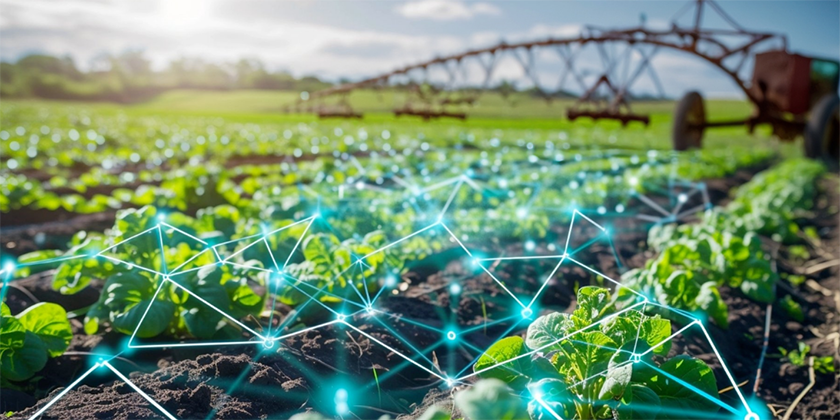Department Water Resources and Drinking Water
BRIDGE - Integrated Hydrological Modelling for Operational Forecasting and Decision-making

Summary
80% of Switzerland's drinking water is groundwater. Climate change-induced droughts and increasing demand for irrigation systems put groundwater under considerable pressure. Groundwater models play an important role in managing this valuable resource. However, there is great potential to improve current modelling practices, in particular, by improving the characterisation of the subsurface and by providing a more realistic representation of the interactions between surface water and groundwater. This project is based on the following joint developments of Eawag, Université de Neuchâtel (UNINE) and Universiät Basel (UNIBAS): (1) By using state-of-the-art mass spectrometry, we complement the existing tracers for hydrologic systems with non-toxic gases that can be injected into the subsurface. In this way, we extend the spatial and temporal scale of the available tracer methods and enable new ways of characterising the subsurface. (2) By building integrated models, we enable the coupled simulation of hydrological processes on the surface, in the subsurface and of operational infrastructure such as pumps, drainage and irrigation systems. The explicit simulation of tracer transport moreover makes model calibration much more robust. (3) By developing new technical and computational methods for the real-time assimilation of data, we ensure that hydrological models are always close to the real system state and can thus be used continuously to support operational decision-making.
Our BRIDGE Discovery Project will make it possible to combine these three new developments and bring them to an operational level. In close cooperation with stakeholders, we are developing and evaluating the efficiency of our hydrological service based on two pilot studies: one to increase the efficiency of irrigation in vegetable cultivation and one to produce drinking water in a complex urban environment.
BRIDGE will allow us to move this fundamental research to an operational level through 12 work packages. In close collaboration with the relevant stakeholders, we develop and assess the efficiency of our hydrogeological service for two pilot studies: one to increase the efficiency of irrigation for agriculture, and the second one to predict the influence of a renaturation on well capture zones. Project vision, economic, societal, environmental impacts: Develop a cutting-edge water resources science and technology service based on the integration of the three aforementioned developments. There is no comparable, commercial service available in Switzerland. Envisioned clients include drinking water producers, the agricultural sector and governmental institutions. A constant revenue stream is generated through the sale of our expertise for hydrologic systems characterization (Service 1) and real-time hydrological forecasting for optimized daily operation (Service 2) based on a subscription service. Both services will increase water use efficiency and will provide an important contribution to resolving the numerous conflicts of aims between stakeholders which currently slow down water resources projects, most notably the renaturation of rivers. Our project is thus an important step forward to making more rational and efficient decisions, and to tackle several UN Sustainable Development Goals, most importantly #6 (clean water), #2 (no hunger) and #15 (life on land).Project team: The project will be managed by Profs. Brunner (UNINE), Schilling (UNIBAS) and Kipfer (EAWAG). We have a long track record of jointly developing these technologies and have highly complementary competencies. Our consortium includes the ETH domain and Universities, and is rooted in the French and German parts of Switzerland.
Links
Staff
- Hugo Delottier, Hydrogeological Processes, Centre for Hydrogeology and Geothermics (CHYN), University of Neuchâtel, Switzerland
- Qi Tang, Hydrogeology Research Group, Department of Environmental Sciences, University of Basel, Switzerland
- Morgan Peel, Environmental Isotopes Group, W+T, Swiss Federal Institute of Aquatic Science and Technology (EAWAG), Switzerland
- Annette Affolter Kast, Hydrogeology Research Group, Applied and Environmental Geology Working Group, Department of Environmental Sciences, University of Basel, Switzerland
Hydrogeological Processes
Centre for Hydrogeology and Geothermics (CHYN)
University of Neuchâtel
Emile-Argand 11
CH-2000 Neuchâtel
Office: E314
Tél.: + 41 (0) 32 718 26 74


